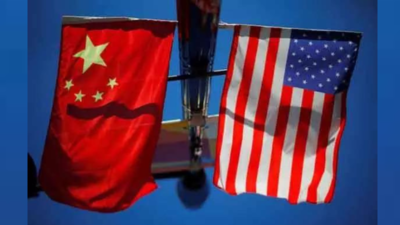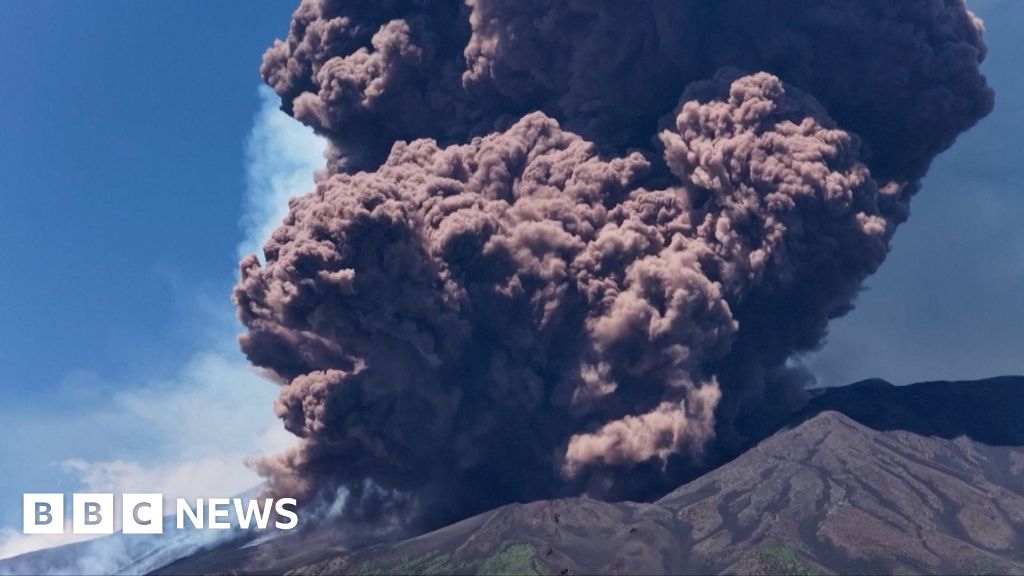
Representative image (Picture credit: ANI)
Senior American and Chinese officials began tense negotiations in Geneva on Saturday in a bid to cool a spiralling tariff dispute that threatens global trade. US treasury secretary Scott Bessent and trade representative Jamieson Greer are meeting Chinese Vice Premier He Lifeng, marking the first direct contact between the two sides since US President Donald Trump hiked tariffs on China to 145% last month.Chinese state media confirmed the talks, which began behind closed doors at a discreet location in Geneva, while convoys carrying the US and Chinese delegations were seen leaving luxury hotels under tight police escort, reported news agency AFP. According to the news agency Associated Press, diplomats from both nations also confirmed the talks but declined to reveal their exact location.Expectations for a breakthrough remain low. However, both Washington and Beijing are under pressure to scale back the tit-for-tat levies. China has responded to Trump’s tariff hike with 125% duties of its own on US imports, moves that have effectively frozen bilateral trade, which stood at $660 billion last year.
“De-escalation is the focus,” Bessent said earlier, making clear this is not about securing a "big trade deal." US commerce secretary Howard Lutnick told Fox News that Trump “would like to work it out with China,” while Trump posted on Truth Social that an “80% tariff seems right! Up to Scott.”Still, Trump’s press secretary Karoline Leavitt stressed the US won’t ease tariffs unilaterally, adding, “China would need to make concessions as well,” AFP reported.
The Geneva meetings come as Trump leans heavily on tariffs as his primary economic tool since returning to the White House in January. On top of his China tariffs, Trump has slapped a 10% tax on nearly all global imports, with specific 20% and 31% duties targeting the EU and Switzerland.According to AP, Bessent and Greer also plan talks with Swiss President Karin Keller-Sutter. Trump had temporarily lowered planned 31% tariffs on Swiss goods to 10%, but they are set to rise again Wednesday.
The Swiss government, which abolished industrial tariffs in 2023, has warned that retaliatory measures would harm sectors like watches and chocolate but said it currently has no plans for countermeasures.China remains firm in its stance. It has refused to lower its tariffs unless the US moves first. Beijing insists the US must lift its levies before any concessions are discussed. China is the only country to mirror Trump’s tariffs so extensively.Sun Yun, a China policy expert at the Stimson Center, was quoted by AP this is the first time Bessent and He are meeting, adding, “The best scenario is for the two sides to agree to de-escalate on the tariffs at the same time… It cannot just be words.”The roots of the conflict trace back to Trump’s first term, when the US accused China of unfair trade practices, including forced technology transfers and heavy subsidies to tech industries like quantum computing and autonomous vehicles. A temporary truce was reached in the 2020 “Phase One” agreement, but it collapsed as Covid-19 hit and China failed to meet its promised US purchases.Bill Reinsch of the Center for Strategic and International Studies said, “The relationship is not good. We have trade-prohibitive tariffs going in both directions. Relations are deteriorating.”Still, analysts and officials view the Geneva dialogue as a small but critical step. “The meeting is a good sign,” Reinsch said. WTO director-general Ngozi Okonjo-Iweala echoed that, calling it “a positive and constructive step toward de-escalation.”Despite the mutual hostility, the mere fact that both parties are willing to talk is being interpreted as a signal that neither side wants a total trade collapse.

 3 weeks ago
11
3 weeks ago
11









 English (US) ·
English (US) ·